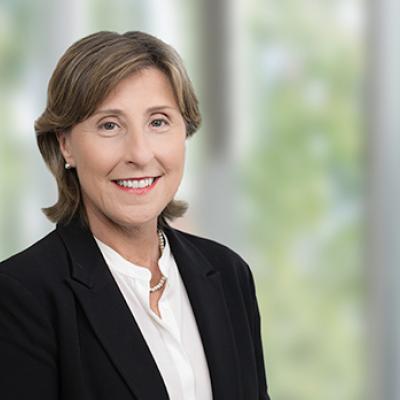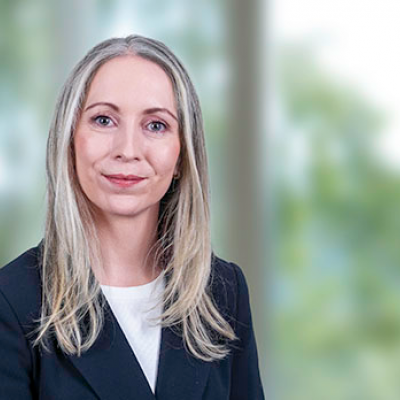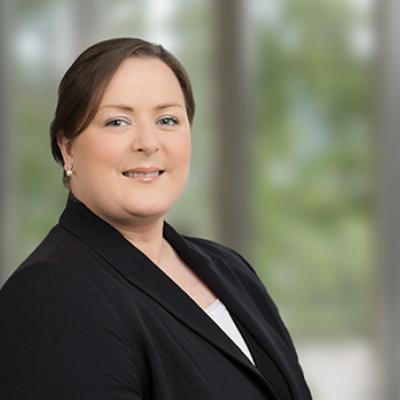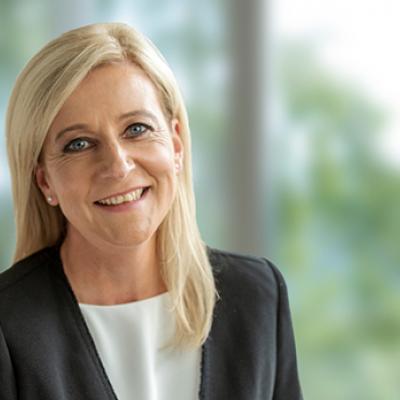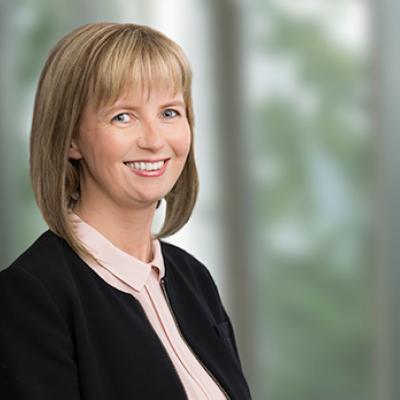
Following on from the introduction of the Individual Accountability Framework (IAF), and the application of the Senior Executive Accountability Regime (SEAR) to executives from 1 July 2024, the Central Bank has now published further guidance in the form of an FAQ titled ‘IAF – Questions from Stakeholders’ (the FAQ) providing welcome clarity on a number of topics. We provide a high-level overview below.
The FAQ provides a number of helpful clarifications in respect of the application of the Conduct Standards, specifically that:
- Controlled Function (CF) role holders providing ‘incoming’ services into Ireland from another Member State on a freedom of services basis are also subject to the Conduct Standards.
- The Central Bank notes that it does not generally expect that individuals in group entities (i.e. outside of the relevant regulated firm (RFSP) would exercise significant influence over that RFSP. However, this is not ruled out entirely, with the Central Bank also noting that, where an individual can exercise a significant influence on key aspects of the RFSP, then that individual will be subject to the Common and Additional Conduct Standards as a CF-1 holder. Whilst there is no more detail on the factors to be taken into account in assessing this issue, the short additional guidance suggests there is a high threshold.
- Where CF or PCF roles are outsourced to a third party, the Firm remains responsible for ensuring appropriate training on the Conduct Standards is provided, although the training may be facilitated by the third party.
The FAQ also provides further guidance in respect of the application of SEAR:
- The Central Bank confirms that it does not intend to publish any prescriptive guidance in respect of the allocation of prescribed responsibilities (PR) to allow Firms to allocate the PRs in a way that best suits each Firm. However, the FAQ does note that there may be instructive sector specific guidance citing the Central Bank’s ‘Recovery Plan Guidelines for (Re)Insurers’ as an example.
- The FAQ acknowledges the distinction between the obligation to allocate PRs and the need to seek pre-approval for the appointment of individuals to pre-approved controlled functions. It states that while Firms are not required to appoint a PCF 52 (Head of Anti-Money Laundering (“AML”) and Counter Terrorist Financing (“CTF”) Compliance), in the absence of a PCF 52 Firms must still allocate PR 20 (relates to managing AML and countering terrorist financing function) to another PCF. The Central Bank expects that PR 20 will be allocated to the most senior individual responsible for such matters with appropriate authority.
- The FAQ further notes that even where Firms are not ‘Designated Persons’ for the purposes of the Criminal Justice Act 2010 and accordingly not legally obliged to have an AML/CFT control framework, Firms still must allocate PR 20 to the most appropriate person. The Central Bank expects that such Firms consider assessing their money laundering/terrorist financing risk exposure and notes that the PCF who is allocated PR 20 should consider whether a AML/CFT framework is required.
- On the allocation of the PR 34 role (responsibility for managing the operation of the steering committee where one exists within the firm and for providing comprehensive and timely reporting to senior management and to the board), the Central Bank states that PR 34 should be allocated to the most senior individual, with appropriate authority.
-
- Helpfully the FAQ also sets out the Central Bank’s expectation that this PR is intended to apply to specific and non-standard regulatory events such as implementation projects or actions directed by the Central Bank.
-
- This response also clearly confirms that PRs may only be shared in the specific scenarios outlined in the Central Bank’s IAF Guidance and not in any other circumstance.
For further information on the Individual Accountability Framework and SEAR and how ALG can assist your business, please contact Dario Dagostino, Partner, Mark Devane, Partner, Patrick Brandt, Partner, Sarah Lee, Senior Knowledge Lawyer, Duncan Inverarity, Partner, Noeleen Meehan, Partner, Michael Doyle, Partner, James Grennan, Partner, Laura Mulleady, Partner, Sinéad Lynch, Partner, Emma Martin, Of Counsel, Kerill O'Shaughnessy, Partner, Charlie Carroll, Partner, Gillian McDonald, Partner, or your usual contact on the ALG SEAR team.

